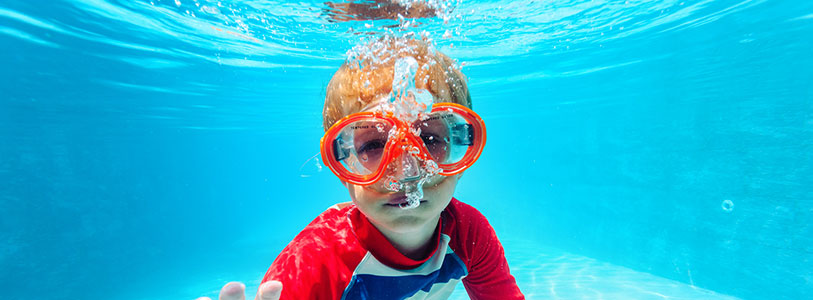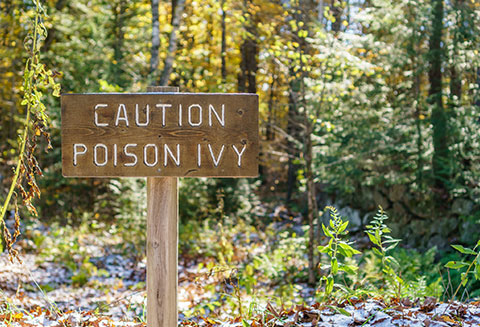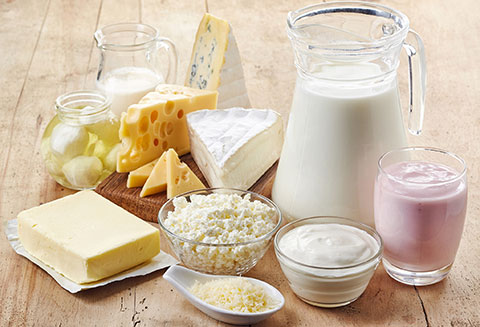Keeping Little Eyes Safe

If you have children who play sports, you have probably told them to keep their eyes on the ball during practice or a game. While great figurative advice, you never want this expression to become literal.
More articles from this issue
This year alone, more than 55,000 men will be diagnosed with melanoma, compared with approximately 36,000 women. Men younger than age 50 have a higher chance of developing melanoma than they do any other type of cancer.
Realistically, you can’t expect all children to wear protective goggles while playing any sport — especially something like basketball or baseball. However, if your child has a history of eye injuries, he or she may have a higher risk of getting hurt and should consider wearing goggles during sports like these.
Sports safety
Children who already wear prescription glasses may greatly benefit from using custom-made goggles to match their prescription. These goggles can help protect their eyes from accidental impacts while also helping them to see and perform better on the court.
Some sports like football or fencing already use protective gear with facemasks. For sports like baseball and hockey, children should wear helmets with facemasks or visors that protect against high-flying projectiles. For the best protection, eyewear (masks, goggles, etc.) should be made from a polycarbonate material and properly fitted to your child’s face.
While protective gear can reduce the risk of eye injury during most sports, paintball carries an inherent risk that cannot be overcome with eyewear. Even when doing everything right, it’s still possible to be injured when goggles are momentarily removed.
For example, lifting up a paint-covered visor to walk off the field or accidentally knocking a facemask loose during an intense match leaves just enough time for a paintball to strike an exposed eye.
Toy trouble
Other recreational activities — both outside and indoors — may carry some risk for an eye injury that can be avoided with the right parental guidance. Similar to paintball, toy guns and figurines that shoot plastic or foam projectiles can be problematic.
Whenever objects are flying around, the situation is potentially dangerous to eyes. Small foam darts can definitely do damage.
While children may promise not to point toy guns at each other, things may get frantic in the heat of the moment.
Squirt guns can provide a safer alternative for children while also giving them the incentive to go outside and be active on a warm summer day.
Sun, water, and DIY
Playing outside gives children a fun opportunity to work more physical activity into their lives. When children play outside, they should wear brimmed hats or eyeglasses to protect their eyes from ultraviolet (UV) radiation. If you have convinced your older children to help with yard work, make sure they wear protective glasses to prevent dirt or debris from entering their eyes.
Swimming is a great way for children to beat the heat while staying fit. While there may be fewer flying projectiles at your favorite swimming pool, the act of swimming can degrade tear films (a three-layer film of tears that coats the eyes and keeps them moist when you blink). Over-the-counter-eye drops can help keep your children’s eyes moist and bright.
In some cases, bacteria that survive chlorination in pools can cause eye infections. Chlorine itself may irritate your child’s eyes and make them red, painful, or itchy. Swim goggles are a great way to keep bacteria and chemicals out of your children’s eyes while they play Marco Polo or learn to doggy paddle.
Some children may want to help with home improvement projects or watch from the sidelines.
Have your children wear eye protection during woodworking or construction activities. It’s fun for kids to get involved in such projects, and goggles will protect their eyes from flying dust and debris.
Presence and action
In addition to protective gear, one of the best measures you can take as a parent is to supervise your children when they are engaged in sports, work, or play. Consider joining in yourself to get the whole family moving and having a good time.
If your child happens to sustain an eye injury, have it evaluated by a doctor as soon as you can.
See a medical professional quickly after an eye injury, especially if your child experiences blurred vision or is seeing floating lights. Retina problems, internal bleeding, and lens dislocation can all occur without clear indicators. An examination can reveal those issues and keep eyes healthy.
To find a pediatric ophthalmologist, visit nyp.org/pediatrics or call 800-245-5437.






